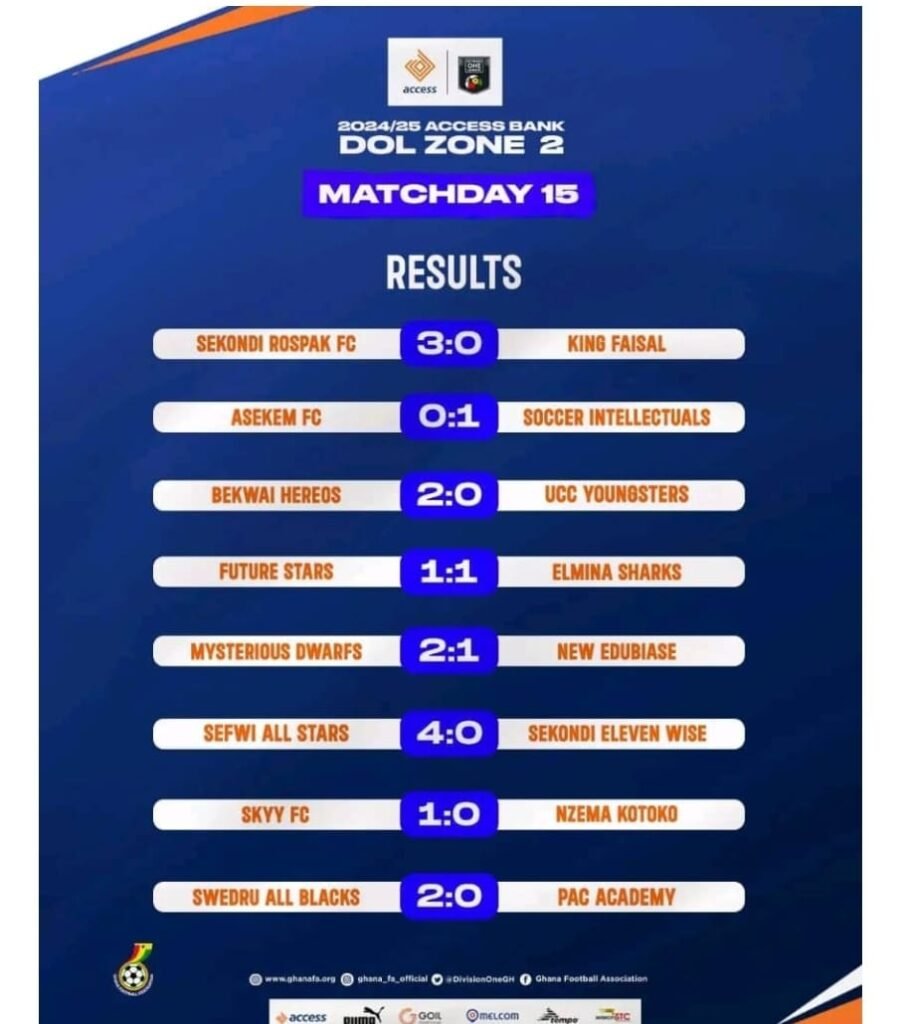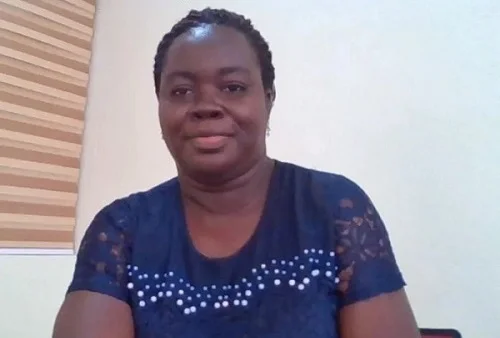Hot!
Countries with cheapest mobile data: Where does Ghana rank?

Ghana has made it onto the list of countries with the cheapest mobile data in the world.
This conclusion came from a survey conducted by The Worldwide Mobile Data Pricing 2022 report.
It was compiled by Cable.co.uk which saw data from 5,292 mobile data plans analysed from 233 countries.
The findings were based on how much one gigabyte (GB) of data costs in the selected countries.
Ghana placed 40th with an average price of $0.61 (¢5.12) per gigabyte after 12 data plans were examined.

In Africa, however, Ghana is ranked second after Libya. Somalia and Morocco came in third and fourth, respectively.
In all, Israel comes top with $0.04 per GB, followed by Italy, San Marino and Fiji as countries whose users enjoy the cheapest mobile data.
According to Cable.co.uk, Israel has multiple service providers that offer extensive 4G LTE and 5G network coverage adding that it also has a higher smartphone market penetration than the US.
A British Overseas Territory, Saint Helena, had the most expensive mobile date prices as the report pegged a gigabyte at $41.06.
The findings suggest that countries with good 4G or 5G infrastructure are more likely to enjoy less costly mobile data plans.
Africa’s mobile data situation
The 2022 Worldwide Mobile Pricing report found that five of the 10 most expensive countries to buy mobile data worldwide are in sub-Saharan Africa.
Mobile data is so costly in these countries that 1GB costs at least $10, which is 250 times more expensive than Israel, the country said to have the world’s cheapest data.
In Sao Tome and Principe, 1GB of data costs $29. It is $16 in Botswana while Togo buys a gigabyte for $13.
Seychelles buts it for $13 and Namibia, $11. These are the other African countries with the most expensive data packages.
This predicament goes a long way to affect economic growth and job creation.
Source: www.myjoyonline.com
Hot!
Swedru All Blacks back to winning ways, Roshan humble King Faisal

Sekondi Rospak FC made it eight wins in eight successive home games after three second-half goals from John Amoah, Joseph Ntow and Stephen Anthony Kofi. John Amoah opened the scoring in the 55th minute after a barren first half. Joseph Ntow added to the tally in the 56th minute before Stephen Anthony Kofi rounded things up in the 74th minute to give Rospak a 3-0 win over former Premier League side King Faisal.
Elsewhere at Swedru – leaders Swedru All Blacks humbled PAC Academy in an emphatic 2-0 win. Zayat Bubakari scored first for Swedru All Blacks in the 27th minute before Rudolf Junior Nana Kwasi Mensah made it 2-0 in the 34th minute. Swedru All Blacks are top of the table with 36 points – 4 points ahead of second placed Rospak FC.
Meanwhile, Former Premier League side Cape Coast Mysterious Dwarfs recorded their fourth successive home victory after beaten New Edubiase United 2-1 at the Robert Mensah Park. Enoch Odoom struck first for Cape Coast Mysterious Dwarfs in the 19th minute but Steven Asante equalized for New Edubiase United before halftime. After the interval, Godfred Eshun scored from distance in the 65th minute to help Cape Coast Mysterious Dwarfs secure all the points.
Here are the results in Zone Two

Hot!
Cervical Cancer alert: Avoid sex at early age

The Programmes Manager of Non-Communicable Diseases (NCDs) of the Ghana Health Service (GHS), Dr Mary Efua Commeh, has advised young girls to avoid sex at an early age.
This, she explained, will give the cervix the opportunity to mature before they become sexually active.
“You need to delay what we call the first sexual intercourse as much as possible to give the cervix the opportunity to mature before the person becomes sexually active,” she said.
Dr Commeh stated this in an interview with The Spectator in Accra on Tuesday as a part of the Cervical Cancer awareness month.
According to her, cervical cancer was the second leading female cancer in Ghana with a total of about 3,072 cases annually, and out of that, 1,815 deaths are recorded, representing more than 50 per cent.
She indicated that “If young girls are going to be sexually active, then you need to talk to your parents about being vaccinated.”
She explained that vaccinating young girls against human papillomavirus (HPV) has been found to be a very effective way of preventing cervical cancer.
“There are countries that started HPV vaccination years ago and they are not seeing any cervical cancers now because they would have eliminated most of the high-risk HPVs in their women. So if the high-risk HPV is not there, then obviously the results on cervical cancers are going to go down,” she added.
Dr Commmey said the HPV vaccination is recommended for young girls aged nine to 14 years, adding that it had been found to be highly effective, not just for cervical cancers but for other HPV-related cancers, such as anal cancers, cancers of the vagina, genital warts, amongst others.
She further elaborated that the idea is to put up a barrier before the HPV comes in and that once a young female encounters it, she is already protected.
She also mentioned that for cervical cancers, the main cause is called HPV infection, saying generally, all sexually active women acquire HPV at some point in their lives.
However, the Programmes Manager of NCDs at the GHS mentioned that the body has a way of clearing the HPV, explaining that it is a natural mechanism that goes on, unfortunately, there are a few women whose HPV persists.
Moreover, she noted that the numbers for Cervical Cancer tend to be much higher because at times, clients would wait, and try all sorts of medications before they finally report to the health facility saying “we actually lose some women before they get to the hospitals with over 75 per cent of the cases coming in its third and fourth stages.”
Dr Commey, therefore, called for public awareness while ensuring the availability of information for prevention and control.
By Jemima Esinam Kuatsinu







